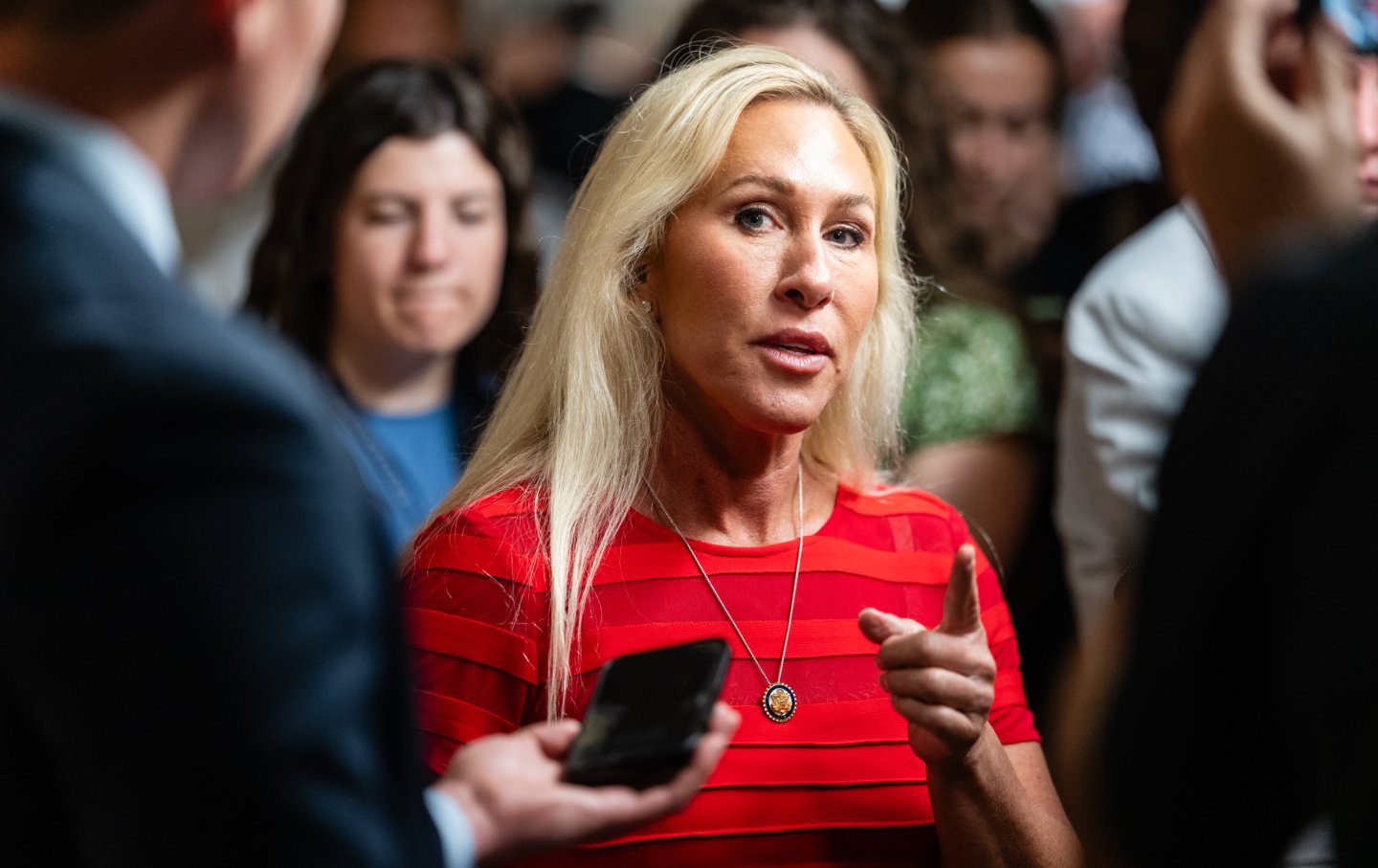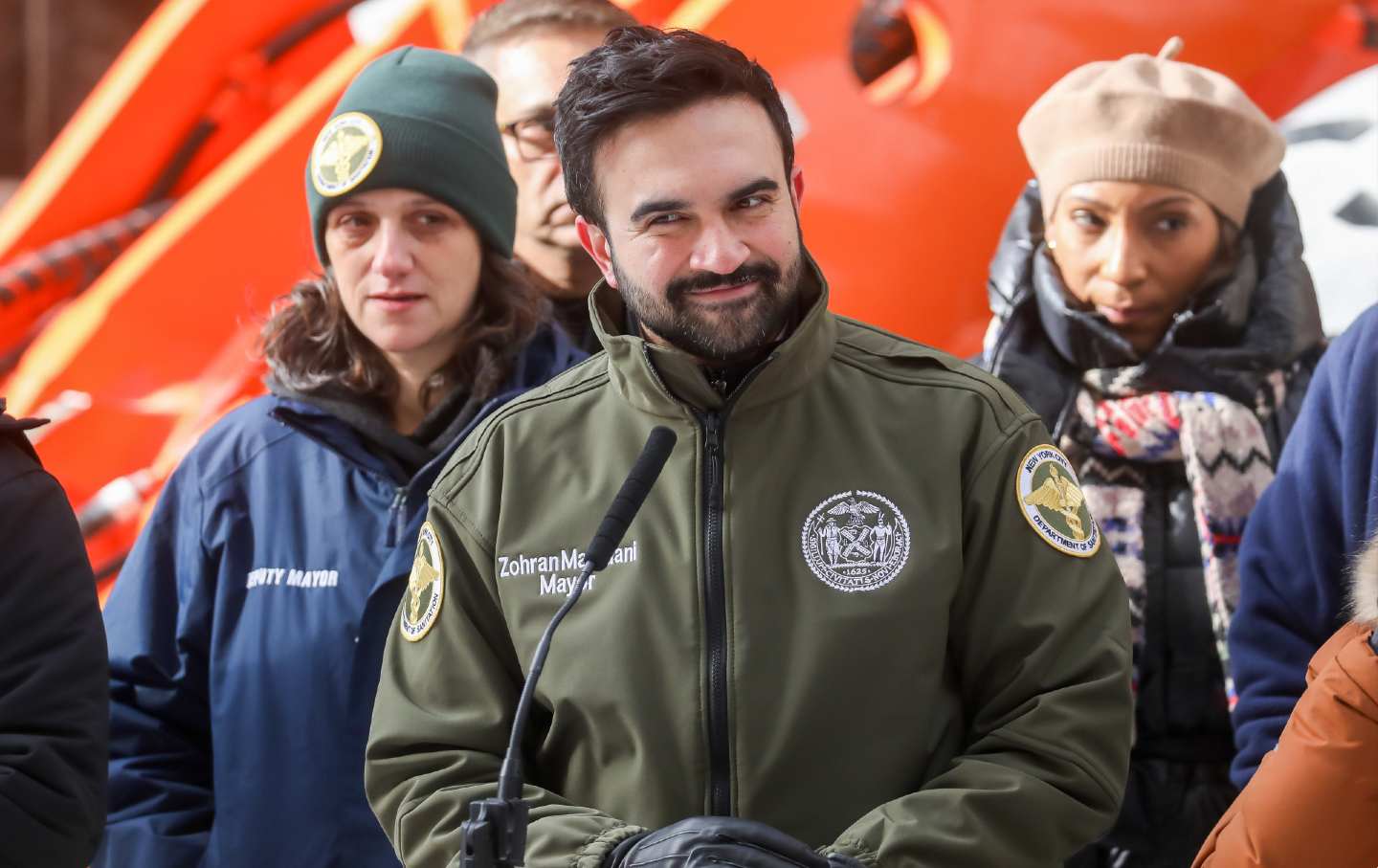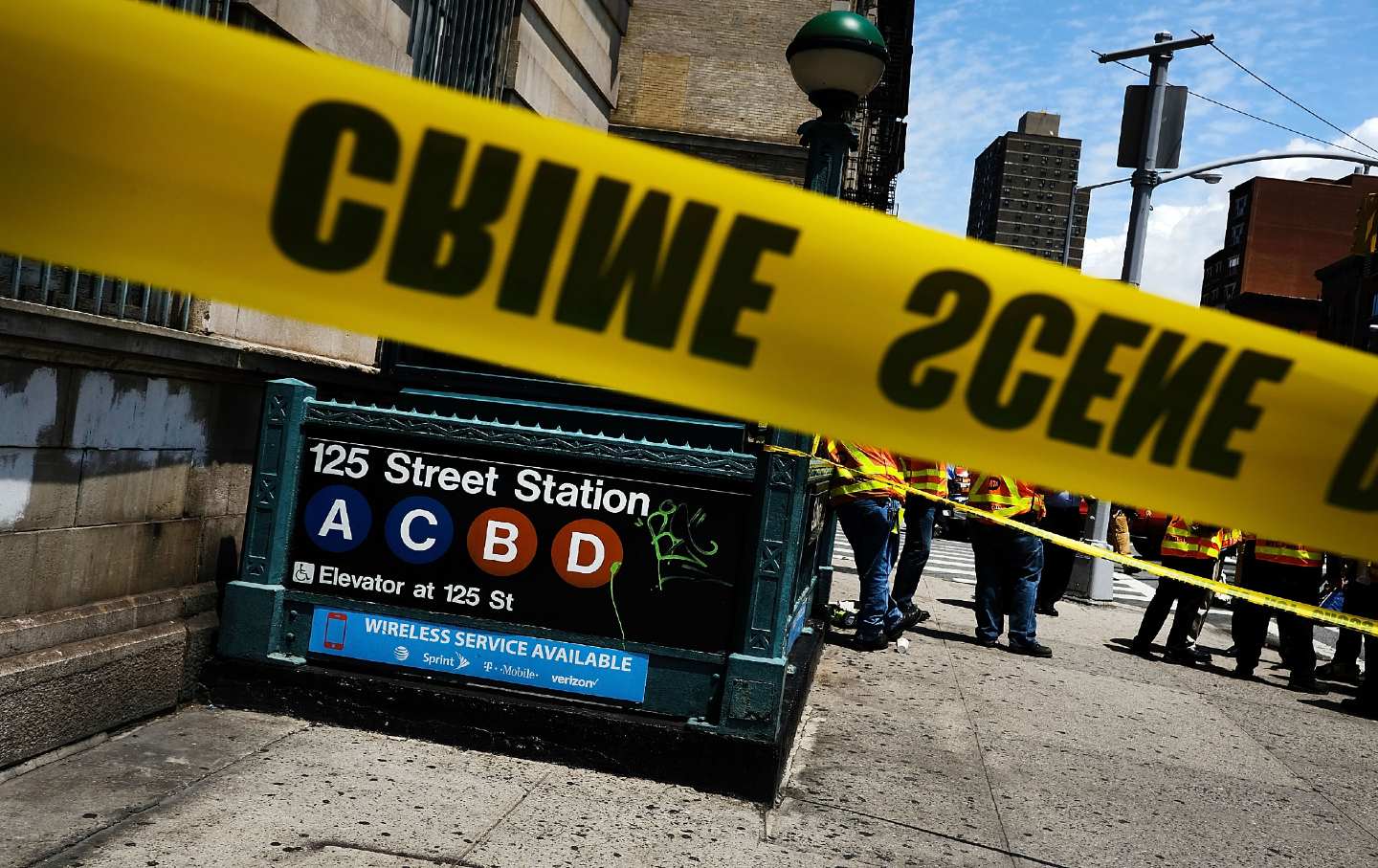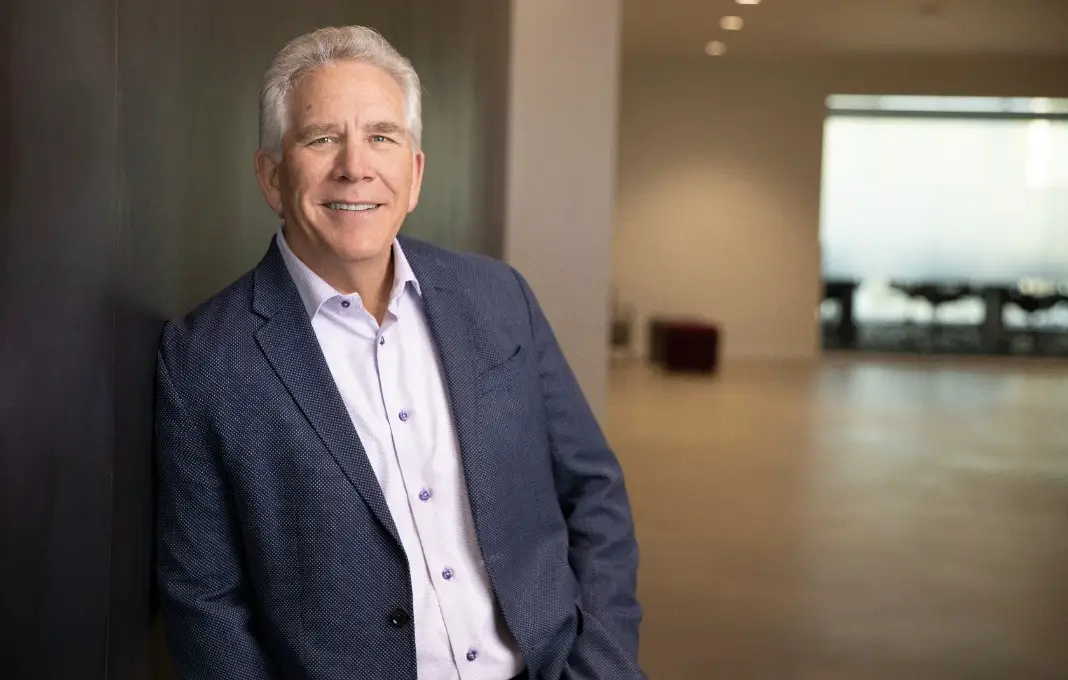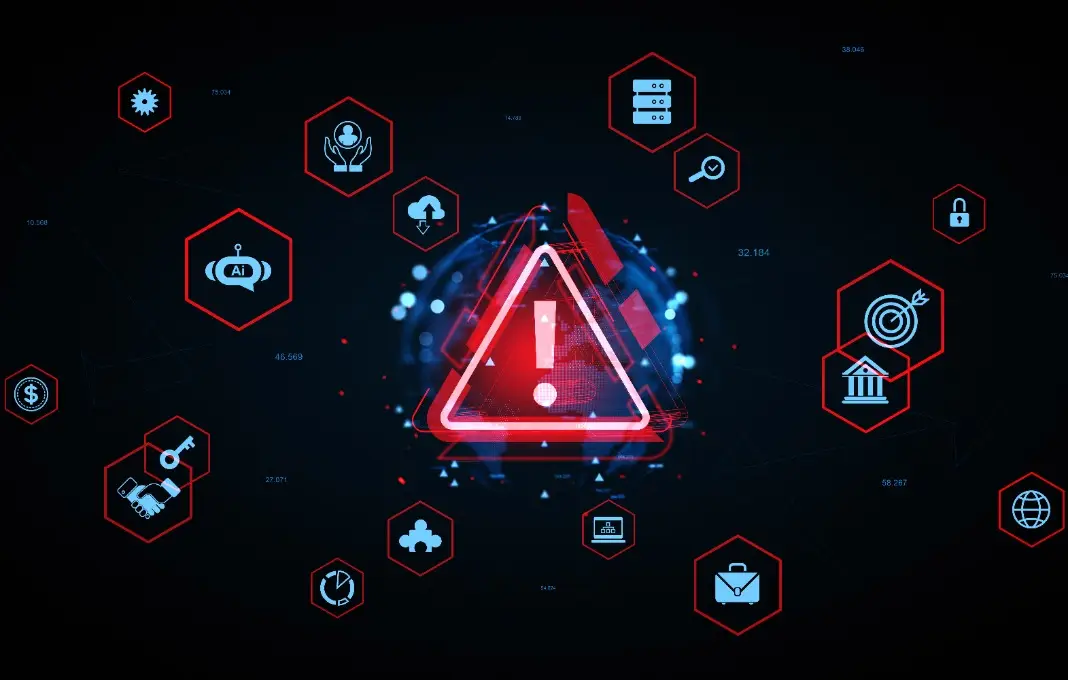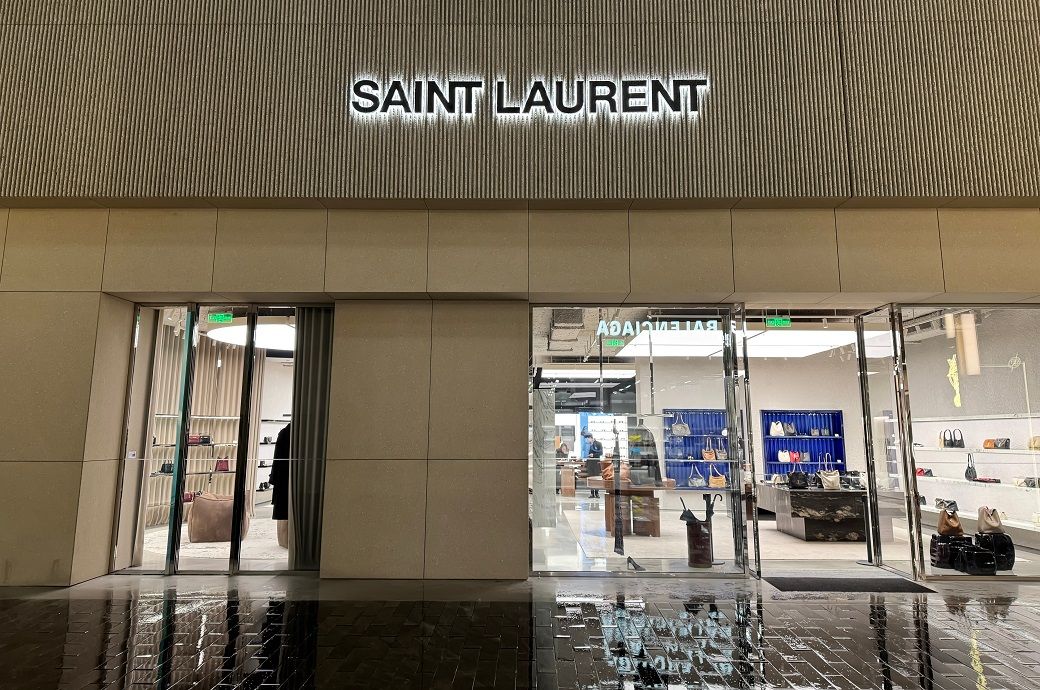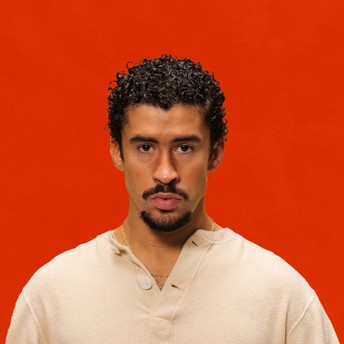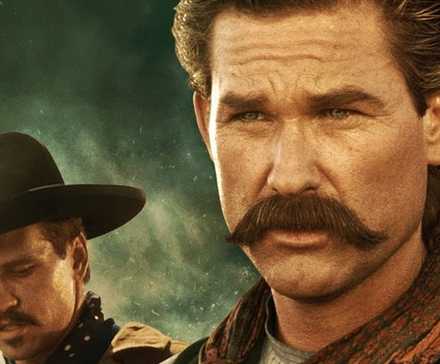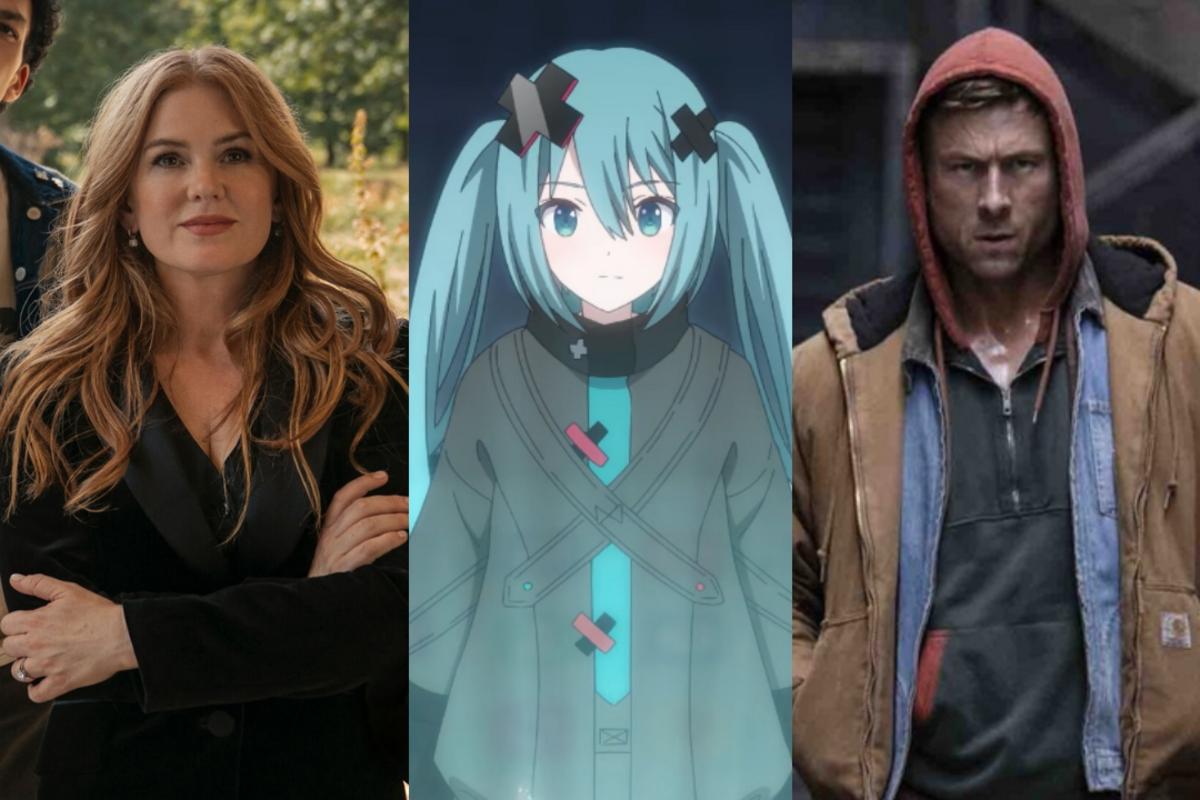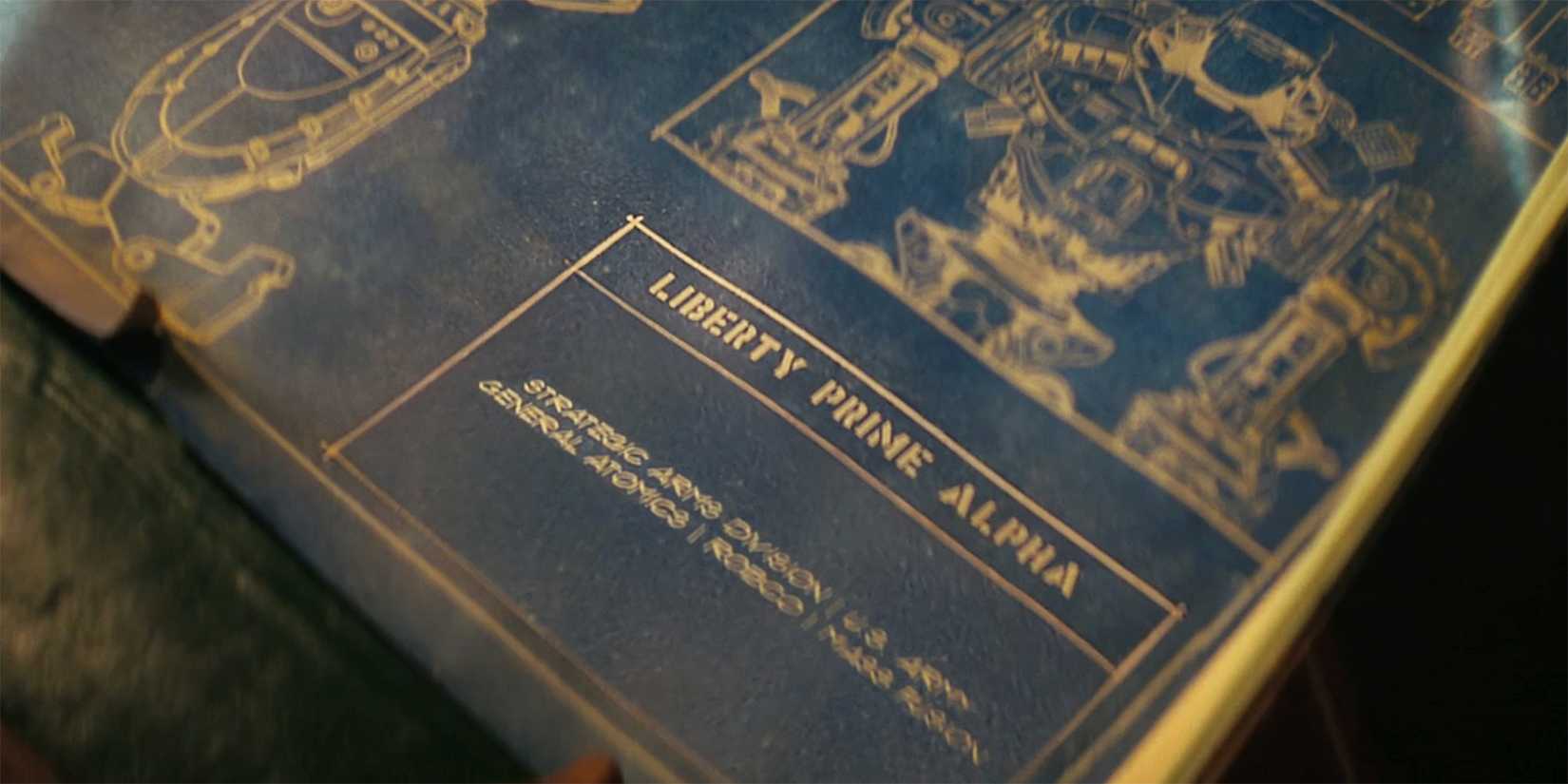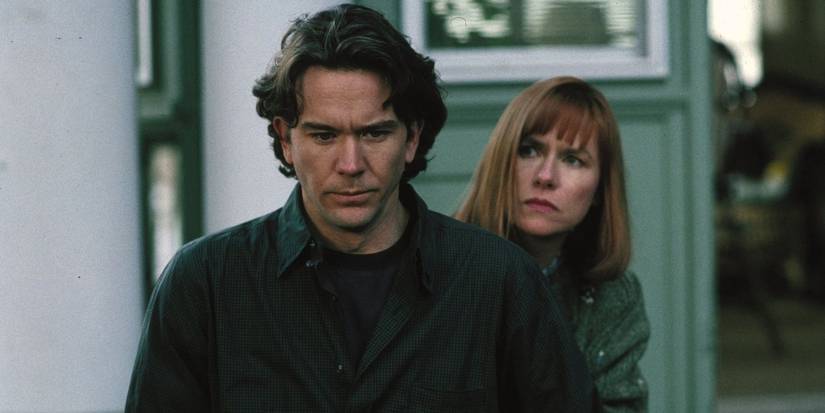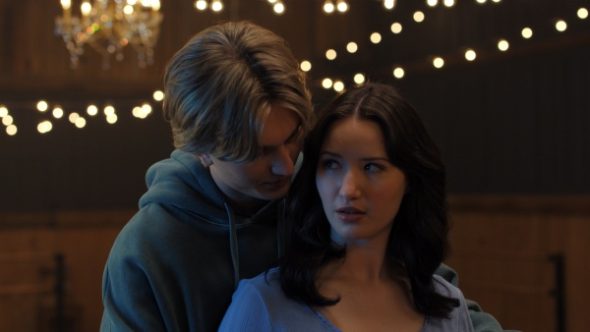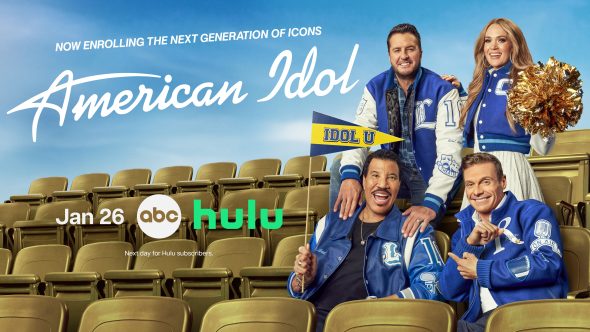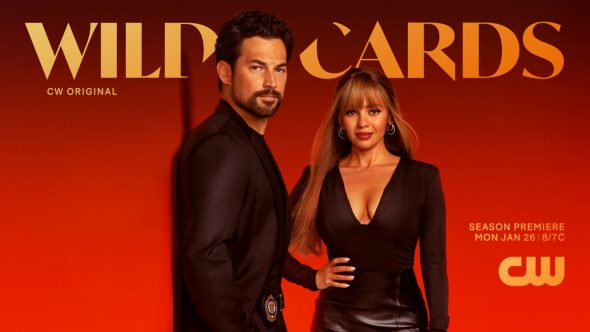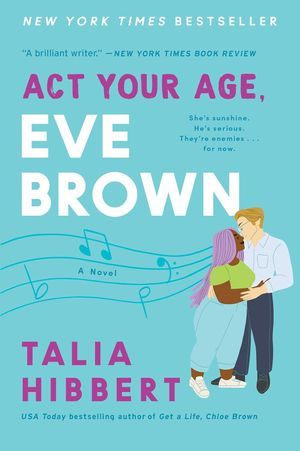[ad_1]
The Republican National Committee, that crack organization serial loser Ronna McDaniel still leads, posted this Fourth of July message on its Twitter account: “247 years ago, our forefathers told Ol’ King George to get lost! Happy Independence Day from the GOP!”
 Twitter
Twitter
That’s an acceptable level of corn, I think, though unfortunately the flags proudly displayed in the tweeted image were the Liberian flag, and unlike Puerto Rico, Liberia is not part of the United States. Clip-arting on a budget is hard. Fortunately, this was shared on Twitter, so God knows if anyone actually saw it. Most of the RNC’s intended audience might’ve already maxed out their daily post views on neo-Nazi memes.
You’ll notice there’s one big star in the Liberian flag instead of the many smaller ones in the US flag. The Liberian flag represents the West African country’s founding by former enslaved Black people from the US and the Caribbean. Liberia was a “project” of the 18th Century American Colonization Society, which argued that Black people could never successfully integrate in US society and would fare better elsewhere. Enslavers feared that freed Blacks would help their human property escape or rebel, which was mostly true — they were evil but not paranoid. Many non-slaveholding whites thought Black people were inherently inferior and should just leave already.
Despite white America’s warm embrace, most Black people wanted to remain in America. In fairness, who could predict Donald Trump would become president more than a century before he was even born? During an anti-colonization meeting, a group led by abolitionist Jermain Wesley Loguen declared, “We recognize in it [‘the scheme of African Colonization’] the most intense hatred of the colored race, clad in the garb of pretended philanthropy; and we regard the revival of colonization societies […] as […] manifestations of a passion fit only for demons to indulge in.”
So, that was a “no” on colonization. Between 1821 and 1847, only a few thousand Black people left America for what would become Liberia. An estimated four million Black people lived in the US at the time, though just 430,000 were free and the rest had very limited travel options. What’s even less impressive is that the American Colonization Society transported just 2,769 people out of the US during a period when the Black population in America increased by about 500,000.
Black people believed in America, and as Nikole Hannah-Jones notes in The 1619 Project, Black people are often the most consistently devoted to the nation’s expressed ideals. That’s not a swipe at white people’s patriotism. However, anyone can love a country that actually loves you in return.
Liberia is Africa’s first and oldest modern republic, and the first to declare its independence. Liberia and Ethiopia were the two African countries that maintained their sovereignty during Western Europe’s invasion and colonization as part of its “New Imperialism” era from 1833 to 1914.
During World War II, Liberia supported the US against Germany, but unlike Black Americans, Liberians were collectively rewarded for their efforts. The US heavily invested in Liberia’s infrastructure, which helped the country build wealth. Black World War II heroes returned home to Jim Crow segregation and were mostly denied the economic opportunities from the GI Bill.
Liberia’s economy and actual democracy diminished considerably after 1980. It was even considered a pariah state under President Charles Taylor’s horrible leadership 20 years ago. (Taylor was actually sentenced to prison for his crimes, though.) Liberia, while struggling economically, has shown some signs of improvement under President George Weah, who ran as a reformer.
History aside, the looming question is whether more (if not all) Black people should’ve peaced out on the US during Liberia’s founding. It’s hard to say. I certainly wouldn’t have wanted to grow up there during the 1980s. Besides, there’s really no place to run from white imperialism. It’ll come for you eventually.
Follow Stephen Robinson on Twitter if it still exists.
I’m on Bluesky now!
Catch SER on his new podcast, The Play Typer Guy.
Did you know SER has his own YouTube Channel? Well, now you do, so go subscribe right now!
Click the widget to keep your Wonkette ad-free and feisty.
[ad_2]
Original Source Link







